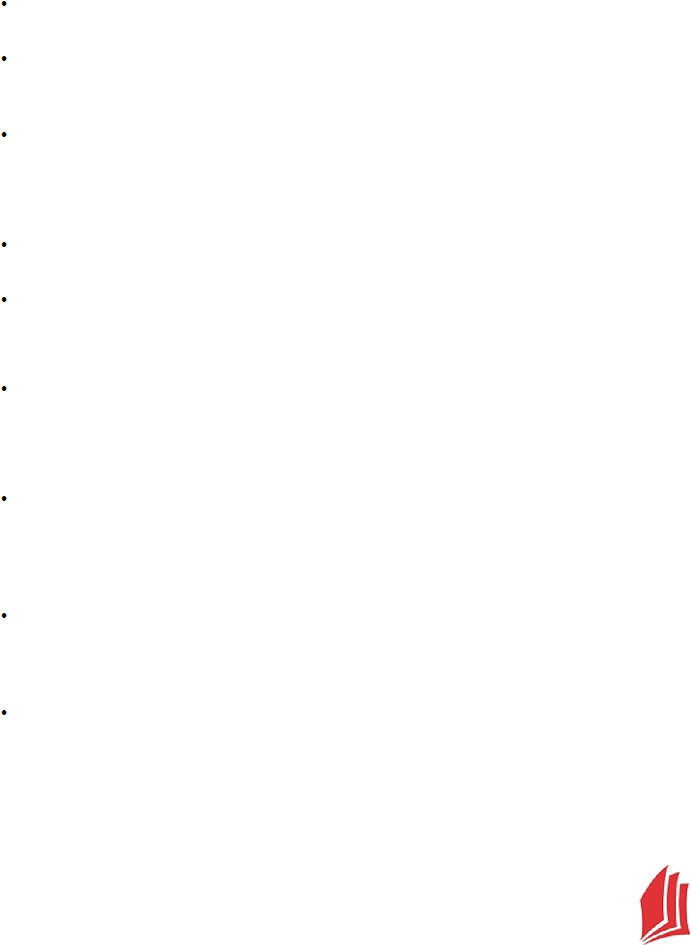
Page | 7
Determine the type of need.
Is there a gap between high and low performers? If so, what is one group doing that the other
isn’t?
Is there a real opportunity for improvement? We like to think, especially as trainers, that there is
always something to learn and room for growth. In looking at the gap you have just identified, is
there room for that growth to take place?
When you have new products, equipment, or regulations, the indication for training may be very
clear. Try to provide training early so that there is no slowdown in performance as the changes
take place.
Who needs the training?
Identify the level of the organization that is being impacted by the need you identified in Step 1.
Problems or deficiencies can exist specific to an individual or to a job.
Future planning may mean that an entire shift of people or an organization need training, which
would be the case if you are opening a new plant, for example.
Make sure that you need training.
If the gap really exists because of performance issues, attitudes, or capacity for learning, then
training is not what you need. Despite what we may like to think, we cannot train all people to
do all things.
Do the systems support you?
We can train people for all kinds of things, but if the systems in place don’t support your
training, performance will not improve. If Jean finishes her work every day by 3:00 in the
afternoon, and you continually scan the office to see who is behind and give extra work to Jean,
she just might eventually learn to make her work extend until 5:00 anyway, so that you stop
giving her that extra work.
Does Jean need training to improve her performance? Of course not. Jean was being punished
for performing well since there was no incentive for getting more work done than everyone
else. In addition to that, the other staff was being rewarded for their slower performance since
Jean was picking up the slack.
While her colleagues might benefit from training that helps them be more efficient, the other
aspect to consider is that Jean needs an incentive to do more than the minimum daily
expectations.